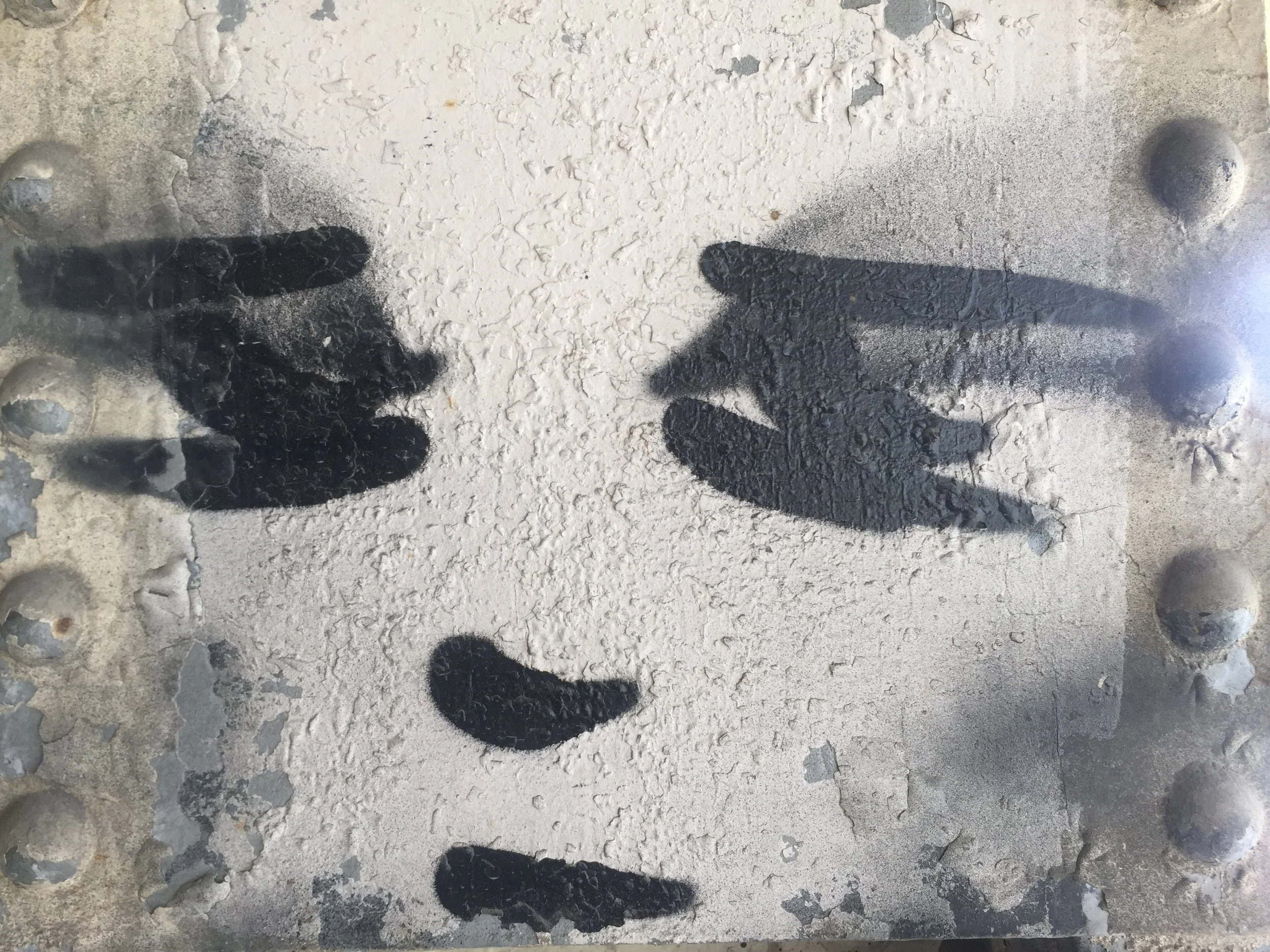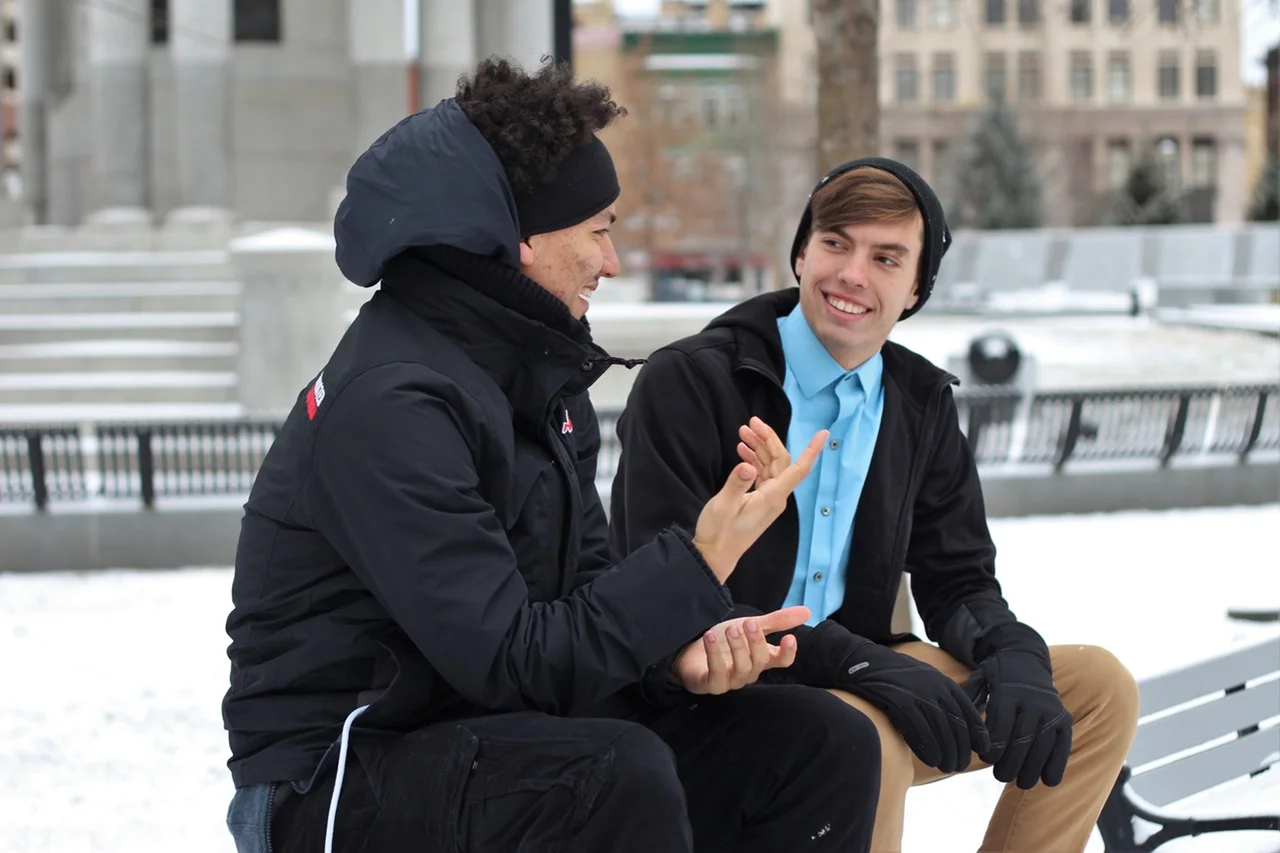Becoming an anti-racist psychoanalytic community
/I’ve been writing and speaking about anti-racism and whiteness for some time now, and it seems like more folks are listening and fired up about doing the work. I’m grateful for that.
I have been asked to write something for my Institute’s newsletter, and this is my first draft. I am placing it here because writing in public helps me think. I may have to remove it if it is published by my Institute, but for now, here is my first draft. It is essentially a statement and a call to action to psychoanalytic practitioners and communities to invest in anti-racist work, particularly non-BIPOC members of these communities.
(this is an updated version, edited on 6/8/2020, with footnotes added)
Any invitation to think about our work as therapists must begin with a reminder of the land we are on, and the deep history of how the United States was created as a nation. The framework of this country, built on a foundation of unceded lands and the unpaid work of enslaved and kidnapped people for the benefit of the wealthy, property-owning, “founding” few. Slavery, and thus whiteness, became codified in the United States in the 17th century, separating poor white European descendants from African diasporic and enslaved peoples. This encoded Black people into generationally-enslaved positions (becoming human “property”) and channeling white people into indentured servitude. Whites therefore could, in their lifetimes, work their way out of servitude and become property-owning individuals with civil and human rights (see John Casor, 1655) (1), whereas Black people legally remained property for another two hundred years. Whiteness as a “status” was thus created in order to delineate the haves from the have-nots. In the case of the United States, it set the stage for future delineation between those who are, and are not, included in “all men are created equal,” an historic reverberation of the false claim that “all lives matter” in a system entrenched in anti-black racism and oppression.
Our psychoanalytic institutes, theory, praxis, and practitioners are not immune to these racist foundations. Psychoanalysis is not absolved of the after-effects of European imperialism and settler-colonial history within which our theories have been developed. We know our field is elitist, and in many cases racist; anyone following the hashtag #BlackintheIvory will hear personal stories about racism towards Black folks in the ivory towers of institutions. Psychoanalysis is not an exception. Guilaine Kinouani (2017) states, “Our capacity to have a ‘home’ is dependent on our capacity to know… our capacity to know is dependent on our capacity to have a home.” (2) For those of us who consider psychoanalysis our home, who is represented in these spaces? Can we really propose to know much about the complexity human experience if our psychoanalytic home is not truly welcoming to everyone, or set up for everyone? Taking a deep inventory of our psychoanalytic spaces, we may encounter what Catrice Jackson (2018) calls “missing faces.” (3) Our institutes and field are overwhelmingly white spaces, reflecting back a homogeneity that limits what we can profess to “know” about ourselves, our work, and our theories.
But, “who is deemed to be the knower in [any given] situation?” Kinouani (2017) asks. In other words, who, and what, is easily considered “in” and “out” of this boundary of the analytic frame, of home, and of belonging? Who is allowed a home in the first place, and who is evicted or prohibited access? When we consider the Homesteading Act (4), segregation and Jim Crow laws, land occupations and settler-states, and redlining (5), this adds another distinctive edge our consideration of boundaries, frames, and borders.
Roxane Gay (2020) writes, “We live with the knowledge that, still, no one is coming to save us. The rest of the world yearns to get back to normal. For black people, normal is the very thing from which we yearn to be free.” (6) Racism and whiteness have played a part in my upbringing, and while racism has been a topic of conversation in my lifetime, whiteness —though centered in my life and in this country’s social hierarchies— has not been collectively recognized as something to interrogate. This paradox unconsciously compels me, and my white communities, to continue to disavow, repress, and therefore repeat racist hierarchies and traumas.
Read More





